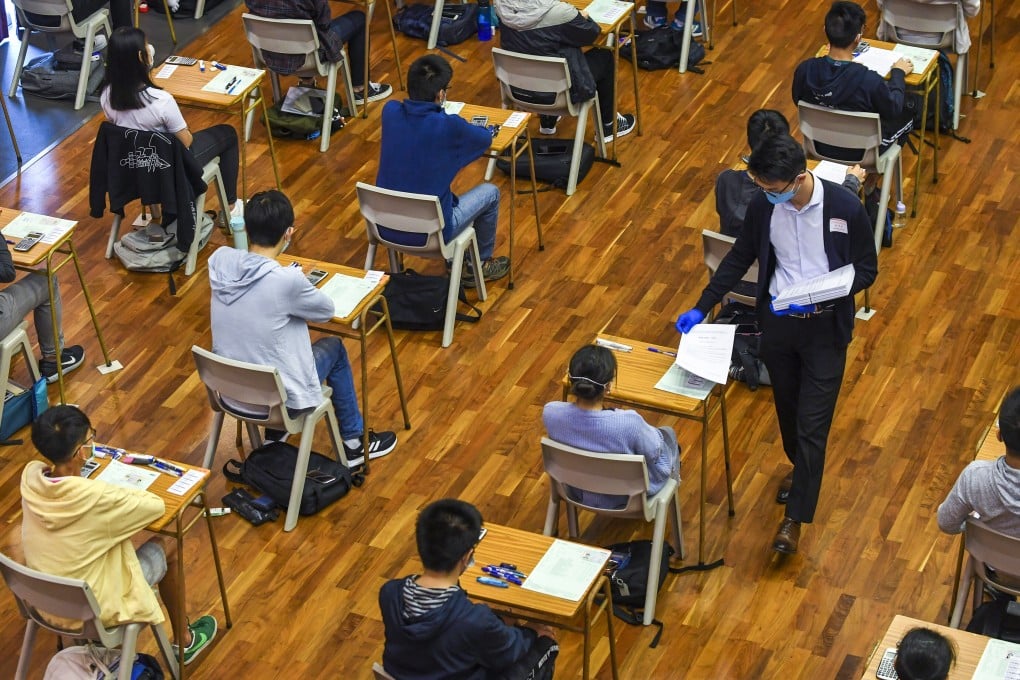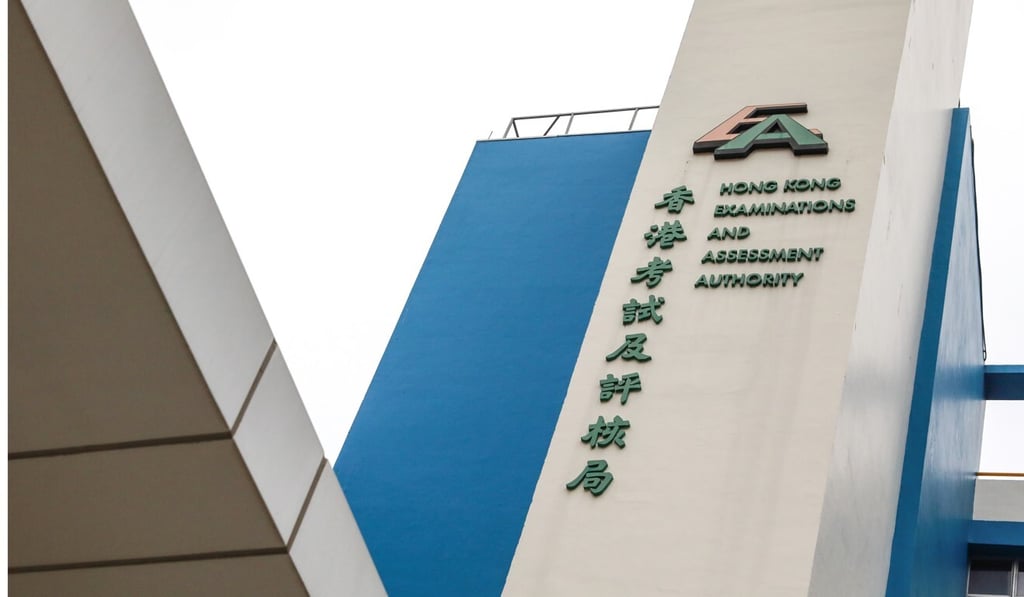Hong Kong study finds flaws in using predicted scores to generate students’ grades
- Research by exams authority shows limitations of system used to calculate grades if college admission tests are cancelled
- Educators urge the authority to step up analysis in coming years before putting any such method into use

There are limitations in using predicted scores to generate students’ grades if university entrance exams are cancelled, Hong Kong authorities say, after citywide research showed the accuracy level was mostly between 40 and 60 per cent.
Research results released on Monday by the Hong Kong Examinations and Assessment Authority (HKEAA) showed the most accurate prediction was in the compulsory English language subject, with predicted scores the same as actual grades for more than 70 per cent of pupils.
Educators who spoke to the South China Morning Post urged the HKEAA to step up its analysis over the coming few years before putting any predicted grades system into use.
“The study shows there are still some limitations in predicting candidates’ DSE results based on their school internal assessment marks,” the authority’s secretary general, So Kwok-sang, said.
“Thus, the predicted levels will only be used as a last resort when the public examinations have to be cancelled. In that case, universities should exercise flexibility and consider relevant information about candidates’ other performances for admission.”
